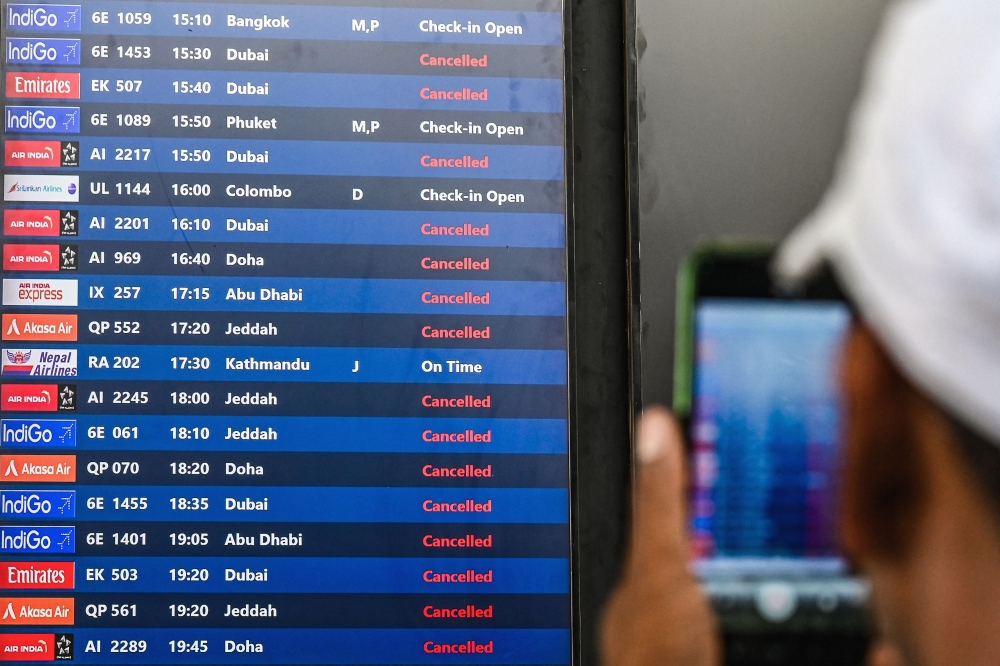KUALA LUMPUR, May 7 — Bank Negara Malaysia is likely to reduce the overnight policy rate by another 100 basis points in an attempt to spur investments and business activities now languishing due to the Covid-19 pandemic, said Fitch Solutions Country Risk and Industry Research.
The Fitch Group unit previously forecast the central bank to reduce the OPR to 1.50 per cent this year but has now revised its projection to 1.00 per cent.
BNM slashed the OPR for a third time this year on Tuesday, setting it at 2.00 per cent currently or the lowest it has been in a decade.
Fitch Solutions said the Malaysian economy has deteriorated significantly due to the movement control order (MCO) enforced to try and contain the pandemic, adding that the gradually easing restrictions were unlikely to spur an immediate recovery among local businesses.
“Meanwhile, the government has very limited fiscal space, exacerbated by low oil prices, to further support the economy, which makes monetary easing an even more important part of resisting the economic headwinds due to Covid-19.
“We do not expect inflation to be a large obstacle to further monetary easing. While there are risks of supply chain disruptions causing a spike in food prices which could see inflation rise, the dim prospect for non-food price pressures arising particularly from a poor oil price outlook, is likely to keep overall inflation manageable,” the research house said.
Fitch Solutions also concurred with BNM’s negative outlook for the economy, both local and global, in the coming months.
It also said the central bank will likely have to look into other forms of monetary easing to adequately stimulate the economy as it did not have much leeway left in terms of cutting rates further.
On Tuesday, the central bank said its Monetary Policy Committee decided to cut the OPR yet again in response to deteriorating business conditions resulting from the Covid-19 pandemic and countries’ measures to contain it.
In March, BNM cut the key rate by 25 basis points to 2.50 per cent and was expected to lower it further even before the Covid-19 pandemic.
Before that, it lowered the OPR by the same amount in January.
The central bank had previously predicted that the country’s economic growth could slow to as low as -2.0 per cent as a result of the movement control order, but the prediction was only for the first two phases.





















